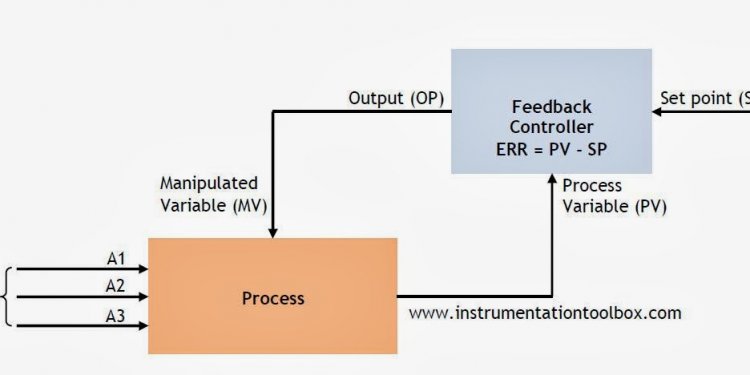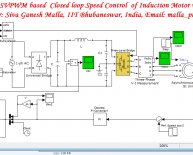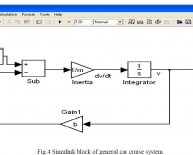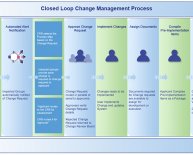
Closed loop control
Deep brain electrical stimulation can be a successful therapy in Parkinson's disease, in depression, and in several other psychiatric diseases, especially in drug-resistant cases. Unfortunately, chronic, continuous stimulation is associated with multiple side effects. This could be alleviated by delivering the electrical perturbation only when it is necessary, using closed-loop stimulation. Such an approach is essential for epilepsy, where seizures occur very rarely but with serious consequences. In a rat model for epilepsy, Berényi et al. (p. 735) prevented seizures by transcranial electrical stimulation using a closed-loop system. Transcranial electrical stimulation was highly effective and reduced seizure duration, on average, by 60 %.
Abstract
Many neurological and psychiatric diseases are associated with clinically detectable, altered brain dynamics. The aberrant brain activity, in principle, can be restored through electrical stimulation. In epilepsies, abnormal patterns emerge intermittently, and therefore, a closed-loop feedback brain control that leaves other aspects of brain functions unaffected is desirable. Here, we demonstrate that seizure-triggered, feedback transcranial electrical stimulation (TES) can dramatically reduce spike-and-wave episodes in a rodent model of generalized epilepsy. Closed-loop TES can be an effective clinical tool to reduce pathological brain patterns in drug-resistant patients.

















